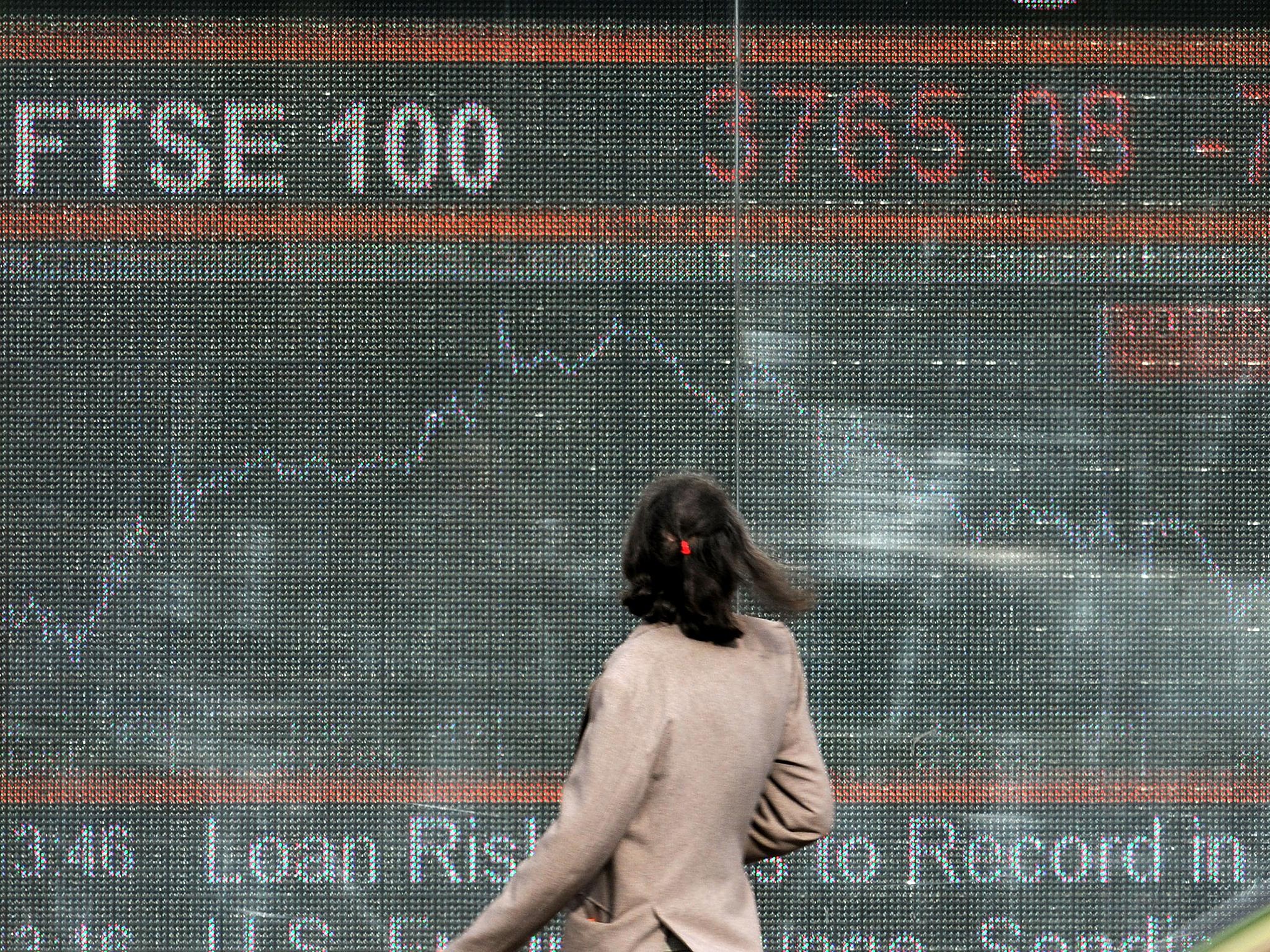There's a probability that another recession could happen – but you won't hear politicians saying that
While it is hard to see a global recession round the corner, there are certainly some disturbing features. One is the euphoria of the financial markets, with most major share markets at or close to their all-time highs. There is a potential for some sort of market crash


Here’s something that our politicians up for election next month don’t talk about. It is the probability that there will, sometime in the next five years, be another recession in the developed world. One of the lessons of the past decade is that governments have not abolished boom and bust. The moment they think they have, bam, along comes a biggie. For there seems to be an inevitable global economic cycle, with downturns coming through at seven or eight-year intervals for the developed countries. If that is right, we should be due one pretty soon.
Would that it were so simple. There is indeed some sort of cycle and we don’t fully understand why. But all downturns (and all booms) are rather different. Some are more serious than others. Their timing is by no means exact. And sometimes countries and regions can escape them altogether.
So what can we say about the present cycle? I have been looking at some work by Capital Economics, which tackled the issue. Its conclusions?
First, from a US or UK perspective the growth phase has indeed become pretty long in the tooth. If you take the bottom as summer 2008, we are nearly 10 years in. That should ring an alarm. But the rest of the G7 countries, Germany, France, Italy, Japan and Canada, all had second recessions before growth finally got going. In most of them there is also spare capacity, in the labour market and elsewhere.
Second, we all started from a long way back. The 2008-09 recession was the most serious in terms of loss of output (though not loss of jobs) for most countries since the Second World War. While there is no inevitable reaction to that, it is common sense that if you have an unusually deep dip you ought to be able to go on growing for longer to make up the lost ground.
Next, just because you start running out of spare capacity that does not mean that you have to have a recession. You could instead have a period of somewhat slower growth. On the other hand, the flip side of that, you can have a recession even when you have plenty of scope to grow. Policy is not optimal. The eurozone’s sovereign debt and banking crisis led to a recession. Governments and central banks make mistakes, and we are all at the mercy of outside factors, such as swings in commodity prices. But there is no reason to expect governments to make big policy mistakes now – though it hardly needs to be said that Europe and the UK negotiators may mismanage Brexit.
But while it is hard to see a global recession round the corner, there are certainly some disturbing features. One is the euphoria of the financial markets, with most major share markets at or close to their all-time highs. There is a potential for some sort of market crash, which would inevitably damage confidence of business and consumers alike. In the UK we should be worried by the housing market, I think a long period of price stability is more likely than a crash.
Another, associated with share and house prices, is the dependence on very low interest rates to keep things moving. If interest rates were normal, and mortgage rates were, say, four per cent, what would that do to house prices? Cheaper homes would be wonderful in the long-run, but getting there would be disruptive. A lot of wealth would be destroyed.
Looking at America, I’m less concerned about house prices and more about the valuations of the high-tech sector. A handful of companies, most in technology, account for a disproportionate amount of the value of the top 500 firms, those in the S&P 500 index. To note that Apple is worth nearly $900bn on expectations for the new iPhone 8 is not to say that the shares will eventually plunge. It is simply there is a lot if value riding on one product.
Come back to Britain. We don’t trust experts, particularly economic ones. But while they got the impact of Brexit utterly wrong, warning of recession this year, anyone with any sense of history can see that (a) there will always be economic shocks, and (b) there is such a thing as the economic cycle. You don’t need to be an expert to expect some sort of downturn in the next five years.
Join our commenting forum
Join thought-provoking conversations, follow other Independent readers and see their replies
Comments